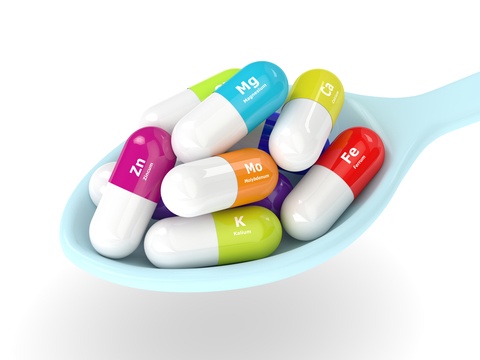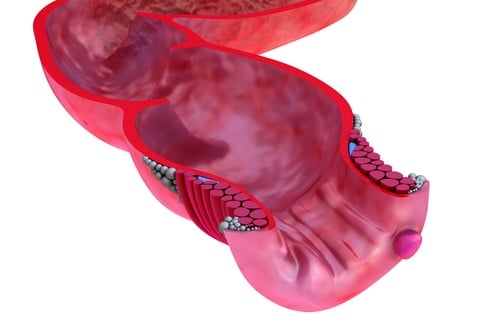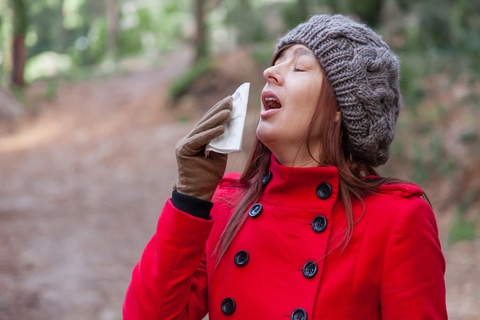
Halitosis, or bad breath. It originates from the gums and tongue. The smell is caused by wastes from bacteria in the mouth, the decay of food particles, other debris in the mouth and poor oral hygiene. The decay and debris produce a sulfur compound that causes the unpleasant smell.
Bad breath also may occur in people who have a medical infection, diabetes, tobacco, Xerostomia (dry mouth), kidney failure or a liver malfunction. Even stress, dieting, snoring, age and hormonal changes can have an effect on the breath smell.
An odor that comes from the back of the tongue may indicate postnasal drip. This is where mucus secretion, which comes from the nose and moves down the throat, gets stuck on the tongue and causes bad smell.
Saliva is the key ingredient in your mouth that helps keep the odor under control because it helps wash away food particles and bacteria, the primary cause of bad breath. While sleeping, salivary glands slow down the production of saliva, allowing the bacteria to grow inside the mouth. To alleviate “morning mouth,” brush your teeth and eat a morning meal. Morning mouth also is associated with hunger or fasting. Try not to skip breakfast, since bad smell reappears even if you have brushed your teeth.
Very spicy foods, such as onions and garlic, and coffee may be detected on a person’s breath for up to 72 hours after digestion. Onions, for example, are absorbed by the stomach, and the odor is then excreted through the lungs. Studies even have shown that garlic rubbed on the soles of the feet can show up on the breath.
It is important to practice good oral hygiene, such as brushing and flossing the teeth at least twice a day. Proper brushing, including brushing the tongue, cheeks and the roof of the mouth, will remove bacteria and food particles. Flossing removes accumulated bacteria, plaque and food that may be trapped between teeth. To alleviate odors, clean the tongue with the toothbrush or a tongue scraper, a plastic tool that scrapes away bacteria that builds on the tongue. Chewing sugarfree gum also may help control odor.
If you have dentures or a removable appliance, such as a retainer or mouthguard, clean the appliance thoroughly before placing it back in your mouth.
Visit your dentist regularly, because checkups will help detect any physical problems. Checkups also help get rid of the plaque and bacteria that build up on your teeth. If you think that you suffer from bad breath, your dentist can help determine its source
Topic: blog




.jpg)



.jpg)



Leave a comment